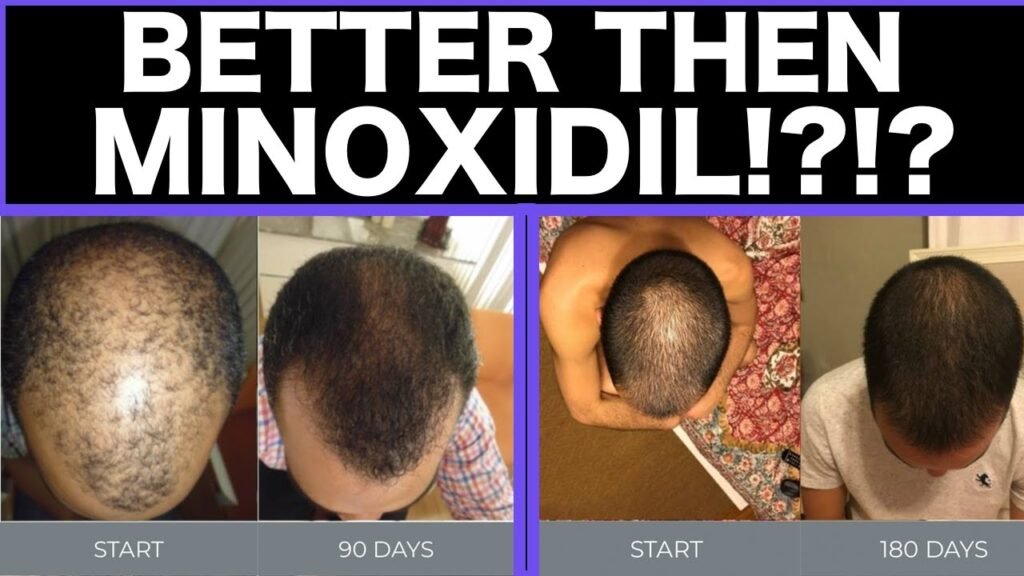Head-to-head comparison: Natural alternatives to minoxidil
When exploring natural alternatives to minoxidil, a popular hair growth treatment, several options stand out for their potential benefits and minimal side effects. Rosemary oil has gained attention for its ability to improve circulation and promote hair growth. A study comparing rosemary oil to minoxidil found that after six months, both treatments significantly increased hair count, with rosemary oil providing the added benefit of reduced scalp itching. The natural anti-inflammatory and antimicrobial properties of rosemary oil make it a promising option for those seeking a plant-based solution.
Another contender in the natural hair growth arena is saw palmetto, an extract derived from the fruit of the Serenoa repens plant. Saw palmetto is believed to inhibit the production of dihydrotestosterone (DHT), a hormone linked to hair loss. Some research suggests that saw palmetto can increase hair density and reduce hair shedding, drawing parallels to the effects of minoxidil. Although the evidence is not as robust as that for minoxidil, saw palmetto remains a popular choice for individuals looking for a natural approach to hair health.
Pumpkin seed oil is another alternative that has shown promise in hair regrowth. Rich in fatty acids and antioxidants, pumpkin seed oil is thought to block DHT and support hair growth. A clinical trial comparing pumpkin seed oil to minoxidil highlighted its potential, with participants experiencing a notable increase in hair count. While more extensive studies are needed, the initial findings suggest that pumpkin seed oil could serve as a viable natural alternative for those wary of synthetic treatments.


